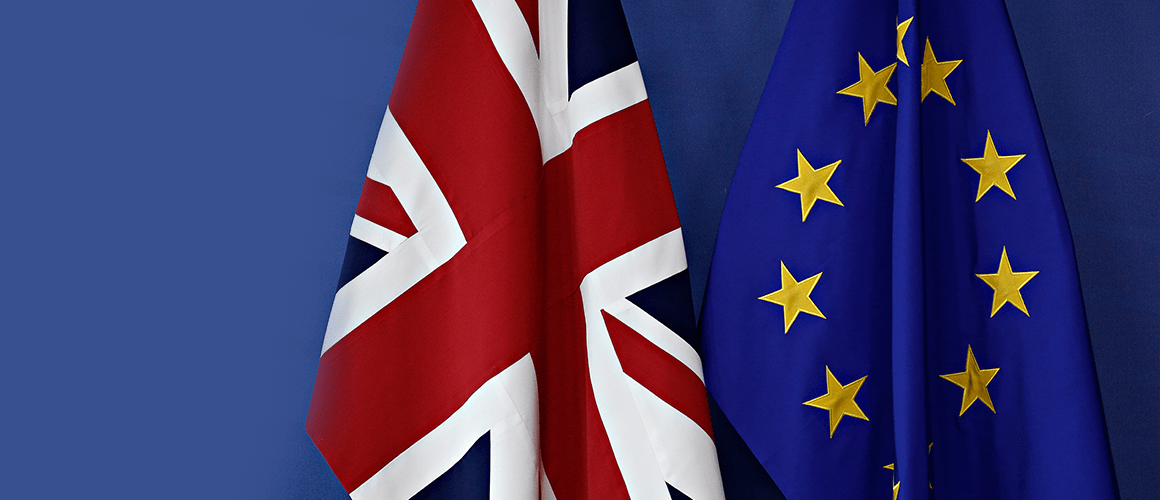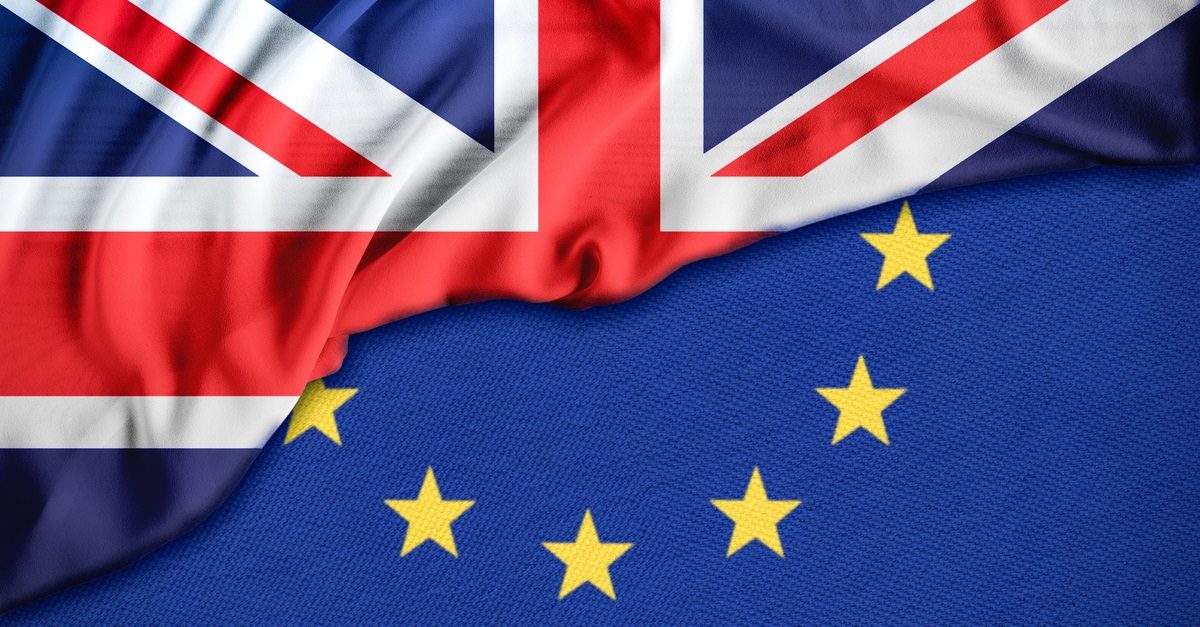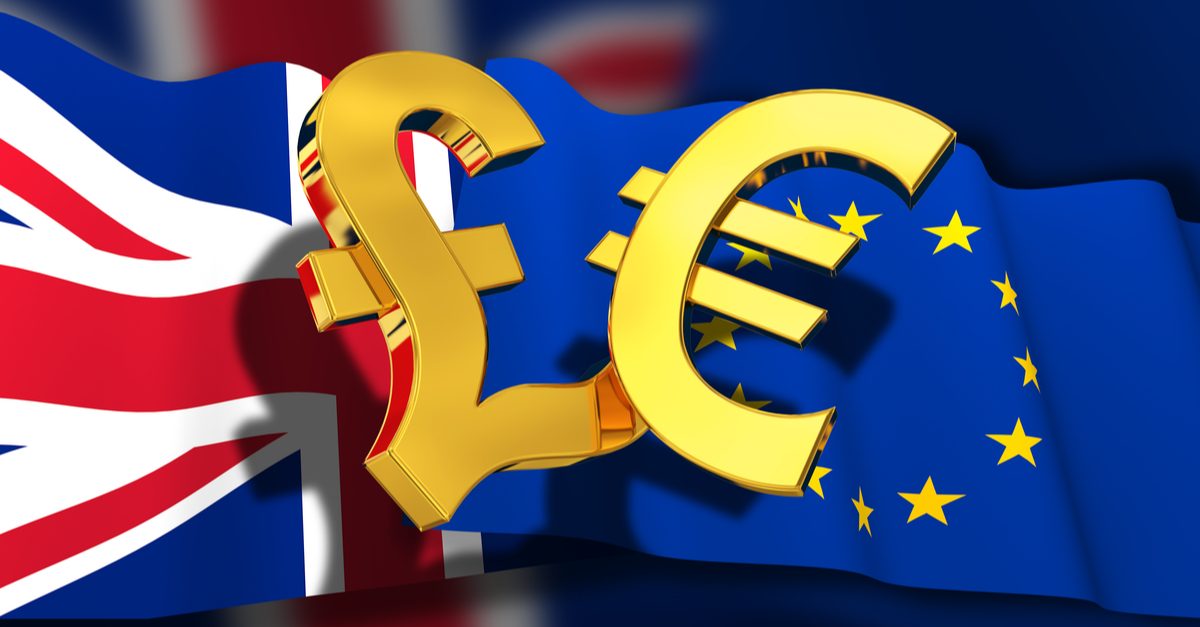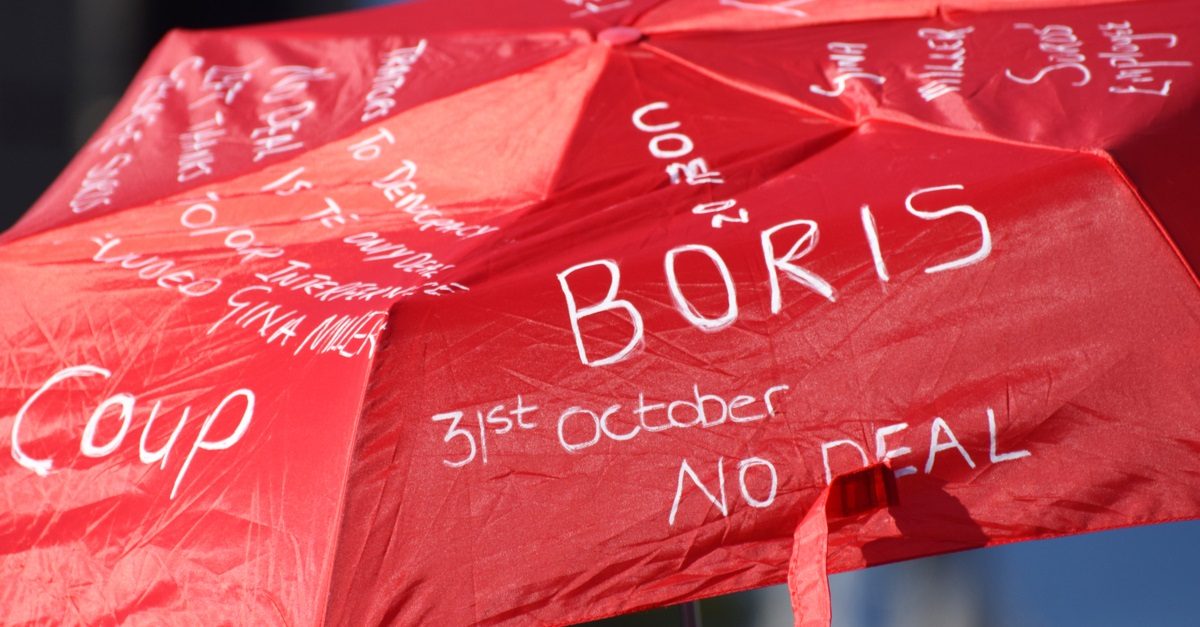Brexit: Pond Perspectives and Misty Horizons

5 minutes for reading
The discussions of Brexit and the reactions of the pound have long been most vivid. The problem seemed on the verge of solving but alas, the decision is postponed again. The pound is nervous because of Brexit complications, and its perspectives are directly connected to the upcoming end of the drama.
What is Brexit?

Brexit is an abbreviation of Britain and Exit, a most explicit term for the process of Britain leaving the EU. The British had been voicing for years that their close integration with Europe did more harm than good, being a predominantly negative experience. The issue of migration policy became the point of no return. Inside the EU, the borders are open for migrants, which worsened the situation on the labor market in Britain, as well. London decided that they wanted to live by their own rules, and the citizens supported the decision in June 2016.
Not everything so smooth
In reality, the process turned out to be rather complicated. Three years have passed since the referendum, yet the procedure of exiting has not been launched. Accord is lacking between the politicians and economists: the agreement drafts between the EU and GB appeared to be stuffed with thin places that are very hard to discuss.
One of the main issues of Brexit is finance. Initially, the Brexit accord based on the agreement on the sums that Great Britain was to pay off to the EU. The initiative of splitting up with the union and living on their own will cost the British some 50 billion USD. We say some because the sum is not fixed as it depends on the exchange and interest rates, the parameters of financial burdens, etc.
Another acute issue is the border with Northern Ireland. In October 2019, it became clear that no universal decision could be found; eventually, the British and Irish politicians came to a consensus and presented it to the EU.
The initial plan was that Brexit will take place at night, on March 30th, 2019. It was postponed due to the lack of agreement between the politicians at that time: the exit was first moved to someday in summer, then to October 31st. By now, the British prime minister Boris Johnson has managed to come to an agreement with the EU about the payments for Brexit and even made it pass through the House of Commons in the Parliament. This is all good news for today: the Lords are in no hurry to ratify the agreement. They have no more than three days for the negotiations but it seems unlikely this will be enough.
Johnson secured himself just in case by sending in advance an application to the EU for postponing Brexit till January 31st, 2020. The European politicians have given no answer yet; they are tired of constant mood changes of the British parliament, too. No one can guarantee that the EU will be eager to continue this tiresome dialogue and make more compromises. At least, we can suppose so.
The markets and their reactions

At the moment of the British voting for Brexit, the pound fell by more than 10% in pair with the US dollar and slumped significantly in pairs with other currencies as well. No one had (and does not have yet) any idea of how this will end, but the investors were quite sure the time had come to avoid risks.
Later, the British currency recuperated, and that-time prime minister Theresa May prepared everything for a soft exit from the EU, with a bargain and all-side agreements. However, regardless of her efforts, May lost the fight with the House of Lords. She was replaced by ambitious Boris Johnson who tried to push the Parliament aside from the discussions of Brexit – and the pound started declining because the market saw verbal aggression and Johnson’s commitment to come to an agreement at any price.
Later, when Johnson and his Irish counterpart found a foothold in the discussion of the Irish border, the pound started growing. This news gave a long-expected signal to the market, demonstrating that everybody needed an agreement, that somebody had to make a compromise, otherwise the process would be more and more painful and complicated.
Expecting that Johnson would strike a bargain with the EU, the pound rose in pair with the USD to its maximum since May 13th, 2019, which was 1.3013, and was ready to grow further; however, there was no good reason for it. Currently, the next productive step in the direction of Brexit is to be made by the House of Commons. It may or may not happen one of the next three days; by now, the pound is consolidating, enjoying a pause.
The GBP: what is next?

For the pound, the agreement on the time of Brexit will be a local positive factor. If Great Britain exits the EU on October 31st, the GBP/USD may easily rise above 1.3000 and aim at 1.3200. This scenario will be perfect.
However, other scenarios are possible. For example, the one with postponing Brexit for three months. The GBP fans seem ready to it, however, it is not excluded that the pound will slump. In this case, the aim of the decline might be at 1.2600; near this level, the currency pair might be consolidating for some time.
Can the pound drop even lower?
Yes, it can. If the procedure sticks inside the Parliament, the pound may experience a wave of selling. And if the EU opposition also voices its craving for some real results of the negotiations, the pound may get under long-term pressure, which may be hard to escape on the good news about the agreement only.







